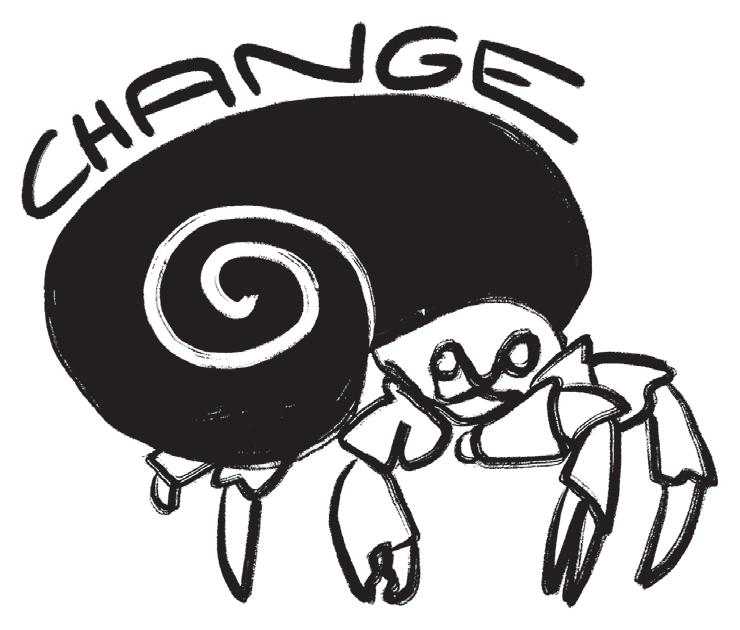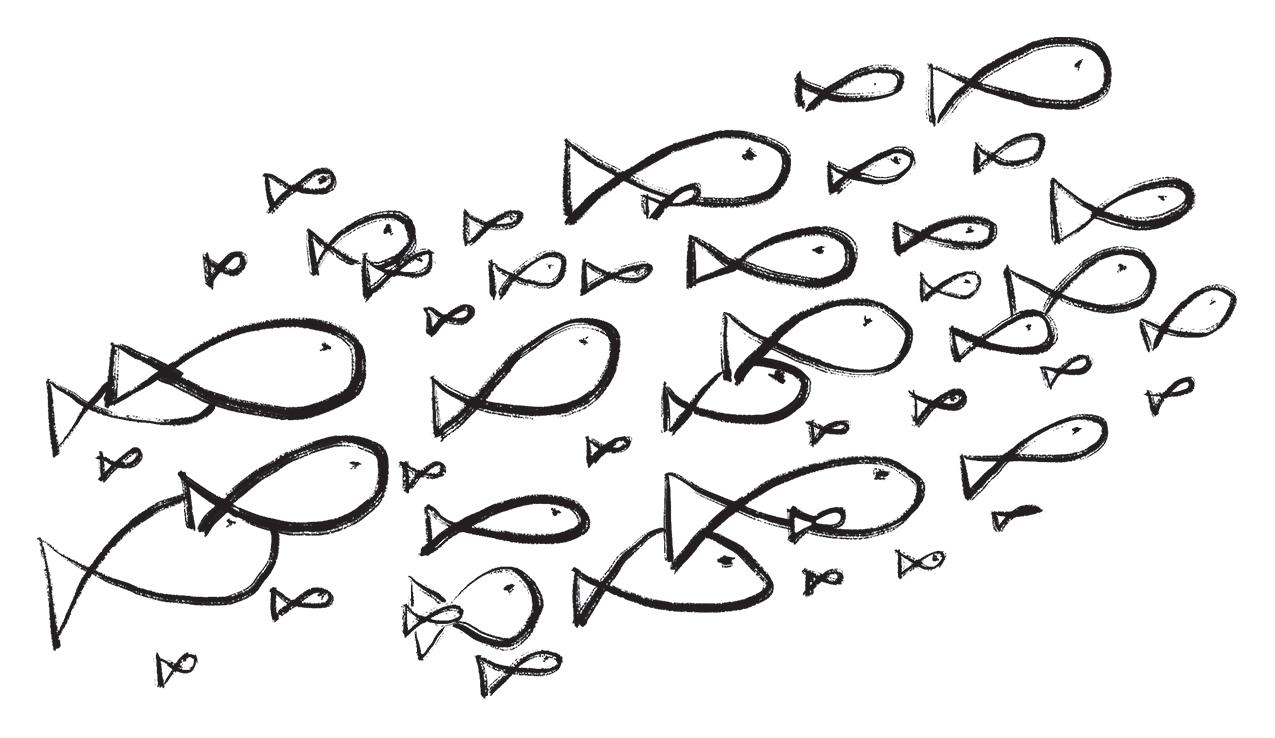
2 minute read
WELCOME TO THE TRANSFORMATION ECONOMY
ere is a model known as the Progression of Economic Value, explored in Joe Pine and James Gilmore’s pivotal book e Experience Economy.
is is what they have called an “economic theory of everything.” e model starts with commodities being extracted, then made into goods, which are then customized by delivering services. Building on that, you can customize these services by staging experiences, and end in staging experiences in a customized way for each individual by guiding them into the ultimateTransformation. is means that Growth is not a time to cut corners just to see the numbers increase. Rather, it’s a time to double down the focus on your goods, services, and experiences. Growth—and Groundswell Growth, at that—comes from understanding that your customer experience is part of your good.
Advertisement
Transformational experience gives each individual the one thing they want and what they need: a true impact that lasts. Creating this specific moment of lasting Transformation is the key to your success, your growth, and your sustainability of both.
To give the most value possible, you need to be able to keep giving value reliably over time—not go crazy just so you can surge for a few years and then burn out. If at any point a deficit arises, it must be addressed at the root. is may mean returning to and retooling an earlier phase of the Groundswell framework. Remember, the phases never stop—they continually flow forward, rolling one into the next, building on each other. Together they reach the shore with wave a er wave of Epic Impact.
How are you progressing the economic value you get from and give to your clients?
What about if you stage experiences, and in fact go beyond that, guiding your audience into transformational experiences? Joe Pine explains:
You need to go from thinking about just goods and services to understanding that there are whole opportunities in providing more value. Go beyond experiences to transformations, where you’re actually helping customers achieve their aspirations—such as healthcare in fitness centers, universities, and so forth. What we talked about early on, too, is going from understanding multiple customers in a market to understanding that, no, in fact, there are multiple markets in a customer. And if you get that, then everything else will follow, because in order to serve the multiple markets inside each customer, you have to do everything that I talked about before. And that was a light bulb for me.28 e value progresses through each stage.
Joe is talking about treating each human like an individual— treating each as the individual they are in the uniqueness of the moment, situation, and interaction. If you can give them an experience of change, you can deepen their trust and loyalty. You can help them transform who they are and make the world more beautiful for them. is Transformation is the hidden potential of untold growth.
You extract grapes from the vine, and they are considered commodities (natural stu ). en you could turn those grapes (goods) into wine (tangible things), which is something that is made or created from the commodities. en you could ship the wine to people’s homes (deliver services), which is an intangible activity but a progression from the goods.
28 Sco A. Martin, “Joe Pine | Rise of the Experience Economy.” February 8, 2020, in Groundswell Origins, podcast, 1:01:00, h ps://groundswellorigins.com /podcast/joe-pine.
Next could be a wine store or an event where you stage an experience that is personal and memorable, making this a distinct economic o ering, “as distinct from services as services are from goods.”
Last is where you change the essence of the experience into something profound for the audience or individual so that they are no longer the same. ey are guided through a process of Transformation, like becoming a sommelier. You could imagine this being an educational guided tour of how grapes are made, tasted, and paired with other items so that the audience’s opinion, consumption, and total point of view of consuming wine are changed forever.
Retention is the byproduct of passionate loyalty. It doesn’t just happen; it is inspired by things we immensely value—specifically, moments of impact. Moments of impact happen through meaningful experiences.







